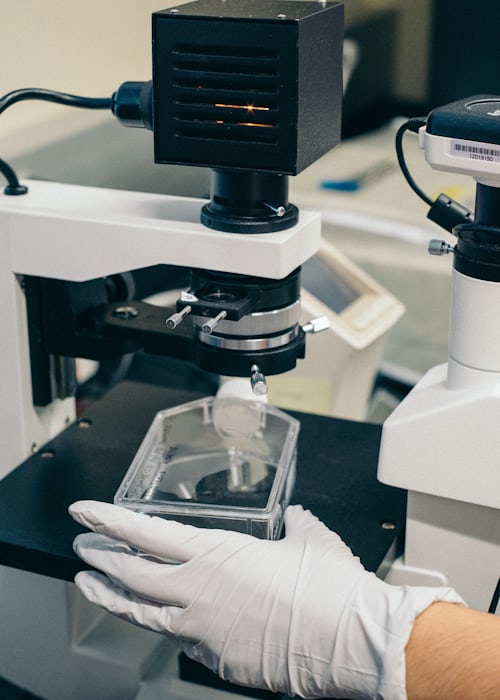A double glazing guide to 10 things to know about uPVC windows
To state the obvious first, double glazing consists of 2 or 3 (triple glazed) glass window panes, back to back, which are separated either by a vacuumed gap or inert gas filled gap.
A sandwich, if you want a comparison, where the bread is the glass and the filling is the vacuum.
This configuration goes a long way to reduce the amount of heat transfer from one side of the “glass sandwich” to the other and thus provides more heat insulation to your home.
Not only does double glazing provide more heat insulation, it is also a great way of reducing sound transmission.
In terms of your energy bills, the average home should save over £100 a year just by having double glazing windows fitted instead of single glazed.
So, why are double glazed windows better than single glazed windows?
- Heat transfer – less heat escapes, less cold gets in. Also on sunny days it helps to reduce heat buildup in the home.
- Sound transfer – the gap works as a sound barrier, deadening noise from the outside (also noise from inside will be less noticeable from the outside).
- Security – window beads are on the inside to prevent removal, and a double glazed sealed unit is quite difficult to break without a lot of effort and noise. This can act as a deterrent to burglars.
- Internal condensation – modern double glazed windows are fitted with trickle vents to allow some draught free ventilation which is essential to eradicate moisture build up inside the home. Excess moisture in the home will eventually lead to damp spots, mildew & mold
What are the disadvantages of double glazed windows?
In most cases it is difficult to find a meaningful disadvantage but you could say price is one – double glazed windows will cost more than single glazed windows.
The other area of disadvantage would probably be in the area of repairs.
Repairing a broken or failed window is not something you can really do yourself, so you are likely to have to pay professional to do it for you.
Things that can go wrong
- Sealed unit fails – The seal around the glass “sandwich” can start to leak. This can cause the window to condense water inside it and to stop the heat insulation properties. If your sealed unit fails, you might not be able to repair and have to fully replace.
- The silicone seals fail – The mastic joint between the window frame and the house can shrink, crack & fail thereby letting in water & wind.
- Window opener frame distortion – If this happens you need to get a new window opener. Matching the existing product could be awkward and could lead to having to replace the whole window.
- Hinge failure – The hinges are not a simple one like on an internal door. They can be replaced but it usually needs a professional to do it.
Most of these things are covered under warranty, and while it lasts the manufacturer / supplier should fix it under the warranty.
Having said that, most uPVC windows, if looked after, can last for 20 years or more.
How much can I really save on my energy bills with double glazing?
Replacing single windows in a medium sized semi-detached house can save:
- £75 to £ 100 annually with B rated type window panes
- £85 to £110 annually with A-rated Glass.
With good quality installations lasting up to 20 years you could save anywhere from £1,500 to £2,200 over the lifespan of the window.
What types of double-glazing frames are there to choose from?
The most common window frame available is uPVC which stands for “Unplasticised Polyvinyl Chloride”. This type of frame is up to 3 times cheaper than traditional hardwood frames. Not only that but it is also great in the sense that it is recyclable, strong and an energy-efficient frame.
uPVC window frames come in a wide variety of different colours and finishes to suit your tastes such as wood-effect, however, white is a common option.
An advantage of uPVC is that it is fairly easy to clean, just wipe down the windows with a cloth and washing up liquid now and again will keep your windows clean for a few weeks or so.
Alternatively, there are wood and aluminium frames to choose from.
Wood is a much greener option to choose than uPVC due to the fact it is a natural renewable material. Some people believe that wooden frames are more aesthetically pleasing than uPVC and fit in especially with period-style or traditional properties.
Although hardwood timber can be more expensive than uPVC it is very sustainable if looked after properly.
Aluminium windows are lightweight, structurally strong and you can get them in almost any colour you wish and need very little maintenance. Aluminium is not that common to use in residential windows (more frequent in patio doors) and is more often used in commercial applications.
How much will it cost to have double glazing fitted?
The cost of fitting double glazed windows, as you would expect, depends on the size, style and number of windows fitted. On average, a single uPVC window without fitting can cost anywhere between £200 to £400.
If the fitting is included the price can range from £3000 to £5000 to buy fully fitted for a medium size house. When getting a quote be sure to check if the supplier is a member CERTASS, GGF, FENSA or DGCOS.
https://windhamhouseofpizza.com
https://flordemeninamakeup.com
https://northwestcyclingclub.com



